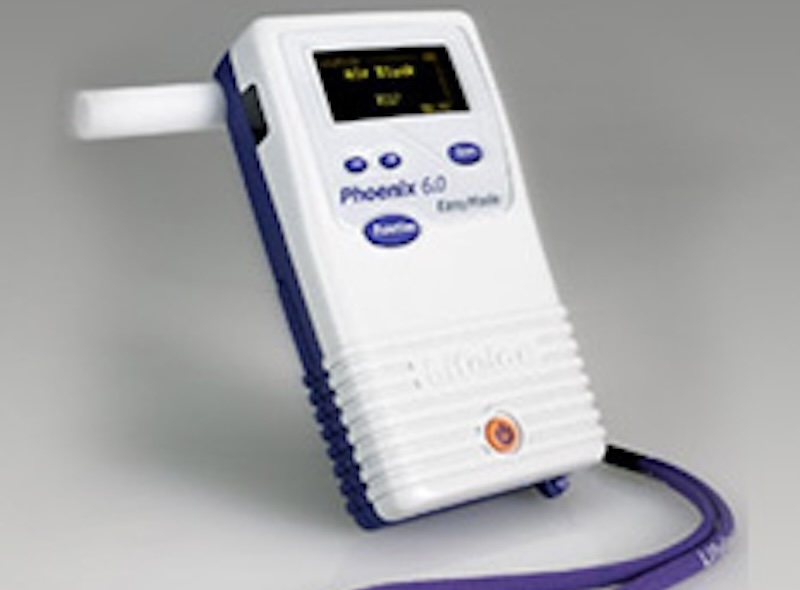As a society, we expect speedy Amazon deliveries, a wide array of fresh produce, and efficient retail shipping options. Because of this, the demand for skilled commercial drivers is increasing, and the pool isn’t growing fast enough to keep up with our growing appetites. So as a veteran, where do you fit in?
The FAST Act
Returning to civilian careers and routine life after a military career can be challenging, especially if you deployed frequently. A nine-to-five job can get dull very fast. To help the dwindling numbers in the trucking industry and the unemployment of veterans, the Fixing America’s Surface Transportation (FAST) Act in 2015 included provisions for military veterans to transition to a career as commercial truck drivers.
The FAST Act allowed Veterans Affairs (VA) medical personnel to be listed on the registry of DOT certified medical examiners, eliminating one of the pricier steps in the process if you don’t have an employer that will cover the cost of the exam. Because you likely already possess the skills necessary for your commercial driver’s license, you can apply for a waiver to bypass the skills test if you meet the criteria. You can even transfer your military driving experience onto your commercial driving record. As a veteran, the military helped foster several skills that are invaluable to a professional driver:
Leadership and Teamwork Skills
Because of the military’s organizational structure, you must possess some leadership skills regardless of rank or where you fit into the team. Your leadership will make you stand out in whatever field you choose and allow for career progression into training and instructor roles if you wish in the trucking industry.
Additionally, teamwork and following the chain of command are life or death. While it is unlikely that your life will depend on teamwork in a civilian job, you may think truck driving is a solo operation. Teamwork is essential to work seamlessly with warehouse teams, operation managers, dispatchers, haulers, and other drivers.
Discipline and Mental Stamina
You need discipline and stamina to stay focused and awake while on the road for long shifts. Highway hypnosis is a real thing, causing drivers to lose focus for a few seconds no matter the time of day. It’s similar to something the military trained you for, so you stay alert on patrols, which is an invaluable skill. Because the military often operates on a 24-hour rotating shift pattern, you could be more accustomed to the long hours you may spend on the road. You also would have the skills to follow all regulations and transportation laws and manage your schedule, runs, and mileage to deliver on time.
Safety and Situational Awareness
Driving a large semi-trailer truck can be challenging and dangerous to you and the civilians around you. Safety is crucial, and it’s not simply about being a skilled driver; you must possess skills to anticipate potential obstacles and avoid accidents on the road.
Off the road, you must perform trip inspections, track your hours of service and mandated rest times, and ensure your rig is transporting the goods safely. Military personnel train rigorously and drill for observational skills and situational awareness. This attention to detail contributes to your overall safety, whether driving a military vehicle in formation or operating a large commercial vehicle.
Resilience and Resourcefulness
In addition to your situational awareness, your adaptability also plays into your resourcefulness. When managing your own schedules and work hours against mileage, you need to be able to make adjustments and alternate plans, as conditions can instantly change while driving. For example, when bad weather rolls into a region you need to traverse, and you need to adjust plans quickly. You must find an alternate route to complete your job on time. Your resilience to work long hours away from home while tolerating rough conditions, operating in high-pressure situations, and at a grueling pace to get your job done will come in handy. A commercial truck driving gig can feel like a refreshing change of pace.
Physical Skills For Passing DOT Exams
In addition to these soft skills, you possess the fitness to pass the physical exam for commercial drivers. Although you won’t have a fitness test as you did in the military, you must pass a physical exam performed by a certified medical professional at least every two years. You have to maintain your physical health to keep your DOT medical card. Read more about the physical requirements here.
You must also pass a pre-employment drug screen mandated by the DOT. Like the military, there are randomized and required drug tests, so abstaining from the tested substances is helpful.
After serving your country, you deserve to transition to a career that respects your previous training and honed skills. If you are struggling with your career path after serving your 20 years, you can reach your full potential in a commercial driving career with minimal re-training, if any. You can tackle challenges head-on, be a strong team player for your organization, and promote a culture of safety, all highly sought-after skills in the industry.






